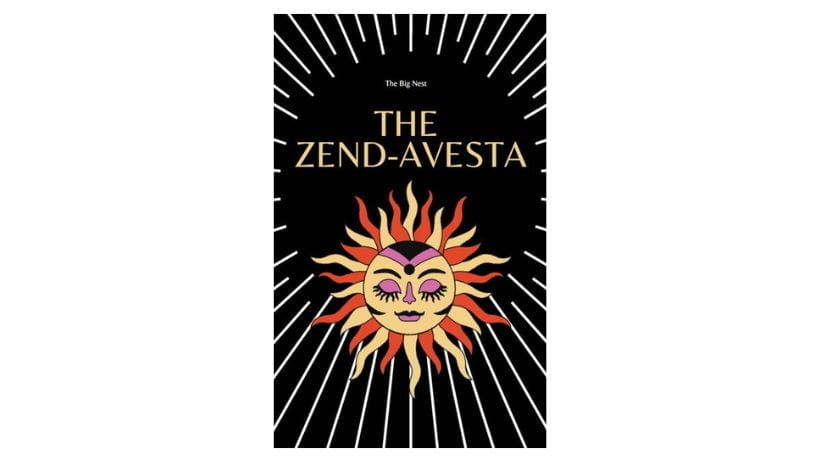Parsis Holy Book – Zend Avesta
The vibrant and resilient Parsi community in India traces its roots back to ancient Persia, carrying with them a legacy enshrined in their holy book, the Zend Avesta. Composed in Old Avestan, a language predating even classical Sanskrit, the text offers a fascinating glimpse into Zoroastrianism, one of the world’s oldest monotheistic religions.
Imagine traversing a vast landscape sculpted from hymns, prayers, and philosophical treatises. This is the Zend Avesta, a collection of 17 texts divided into five sections. The Gathas, considered the heart of the book, are attributed to the prophet Zoroaster himself, around 6th-7th century BCE. These poetic verses speak of Ahura Mazda, the wise and benevolent creator god, and the ongoing struggle between good and evil in the world.
The Yasna, the longest section, focuses on rituals and prayers, particularly the veneration of fire, a symbol of purity and divine light. Vendidad, another significant section, details ethical and practical guidelines for daily life, while Yashts and Khordad Avesta offer praise to gods and mythical heroes.
But the Zend Avesta is not merely a static text. It has evolved over centuries, undergoing oral transmission and revisions across generations. This dynamism reflects the evolving beliefs and realities of the Zoroastrian community.
Zoroastrianism’s central theme is the duality of good and evil, personified by Ahura Mazda and Angra Mainyu. Humans have the freedom to choose between these forces, shaping their own lives and the world around them. The emphasis on moral choices, personal responsibility, and good works resonates with other major religions.
Beyond its religious significance, the Zend Avesta offers a window into ancient Iranian culture, reflecting their cosmology, social structures, and daily practices. The language itself, with its unique phonetic system and rich vocabulary, holds clues to the linguistic landscape of the region.
The Zend Avesta is more than just a holy book; it’s a cultural tapestry woven with history, philosophy, and ethical teachings. For the Parsi community, it continues to be a source of guidance, reminding them of their unique heritage and inspiring them to walk the path of light and good in a world forever grappling with the shadows.

